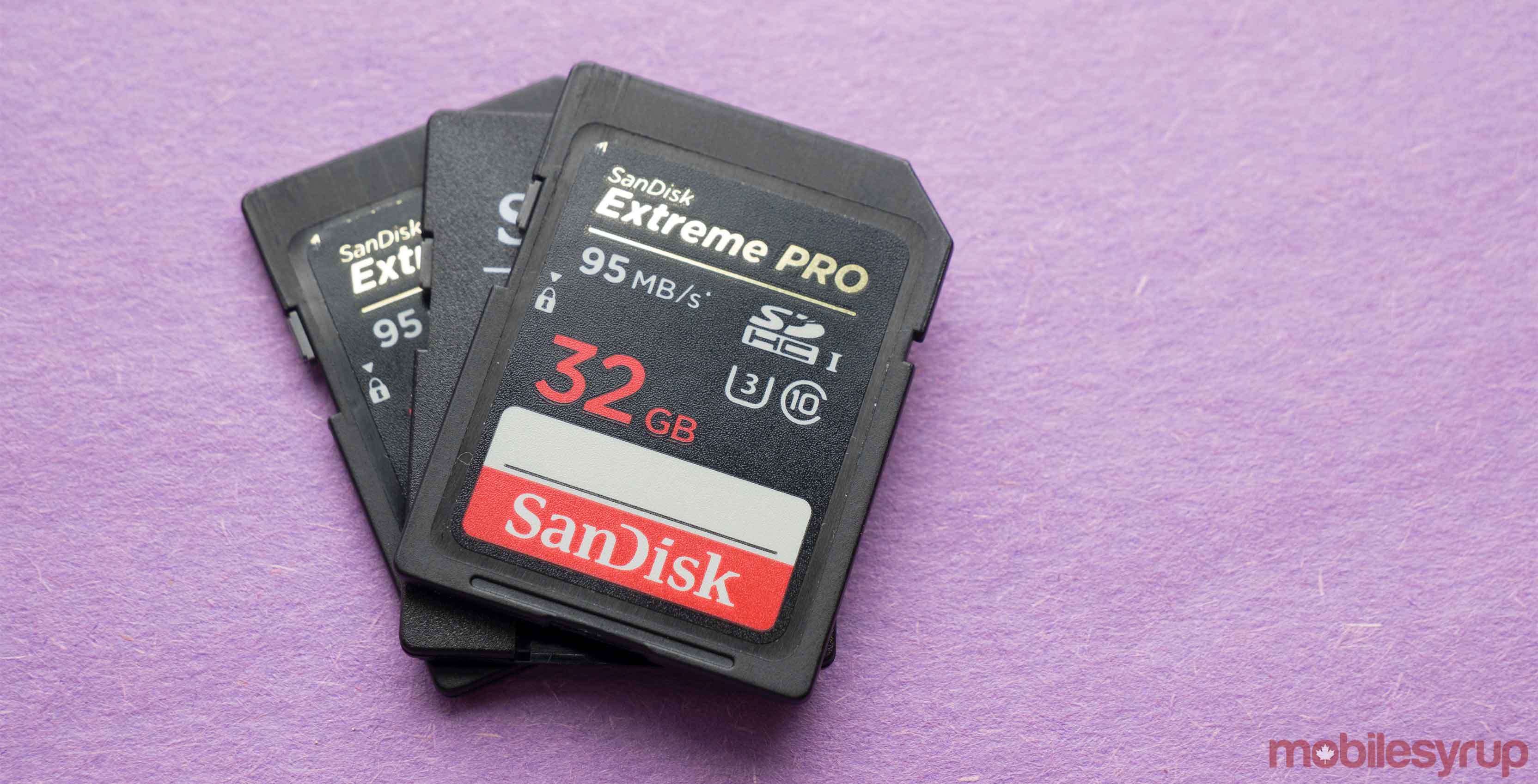
The SD Association (SDA) released new specifications for SD cards at Mobile World Congress this week. The new specifications allow for more storage and faster read and write speeds.
The new specification utilizes two popular technologies to accomplish this. The first is PCI Express (PCIe), a high-speed connection port typically used in computers. Often, computer motherboards use PCIe, which allows for connection to integral system parts such as GPUs and some solid-state hard drives.
The second technology is Non-Volatile Memory Express (NVMe). NVMe is a standard for accessing non-volatile memory — memory that retains information after being power cycled. Additionally, the creators of NVMe designed it to be low-latency. It works in conjunction with PCIe.
Using PCIe and NVMe allowed the SDA to accomplish data transfer speeds of 985 megabytes per second. Dubbed SD Express, these new speeds will eventually come to all types of SD cards.
Furthermore, the new standard allows for a new SD Ultra Capacity (SDUC) card that is capable of up to 128TB of storage.
Manufacturers seldom reach maximum limitations like these. Previously, SDA promised a maximum capacity of 2TB. However SanDisk made the largest SD card to date, a prototype with 1TB of storage.
A 2TB SD card would have an astronomical price. SanDisk’s 1TB card originally cost $800 USD but has since dropped to around $300.
Since progress towards a 2TB card was slow, it will likely be a long time before we see any 128TB cards. However, the importance of having the capability to make SD cards that size cannot be understated.
With new data-heavy formats like 4K video and 360 degree video becoming more popular, massive storage options like this will be necessary.
Source: SD Association Via: The Verge
MobileSyrup may earn a commission from purchases made via our links, which helps fund the journalism we provide free on our website. These links do not influence our editorial content. Support us here.


